electrical and computer engineering
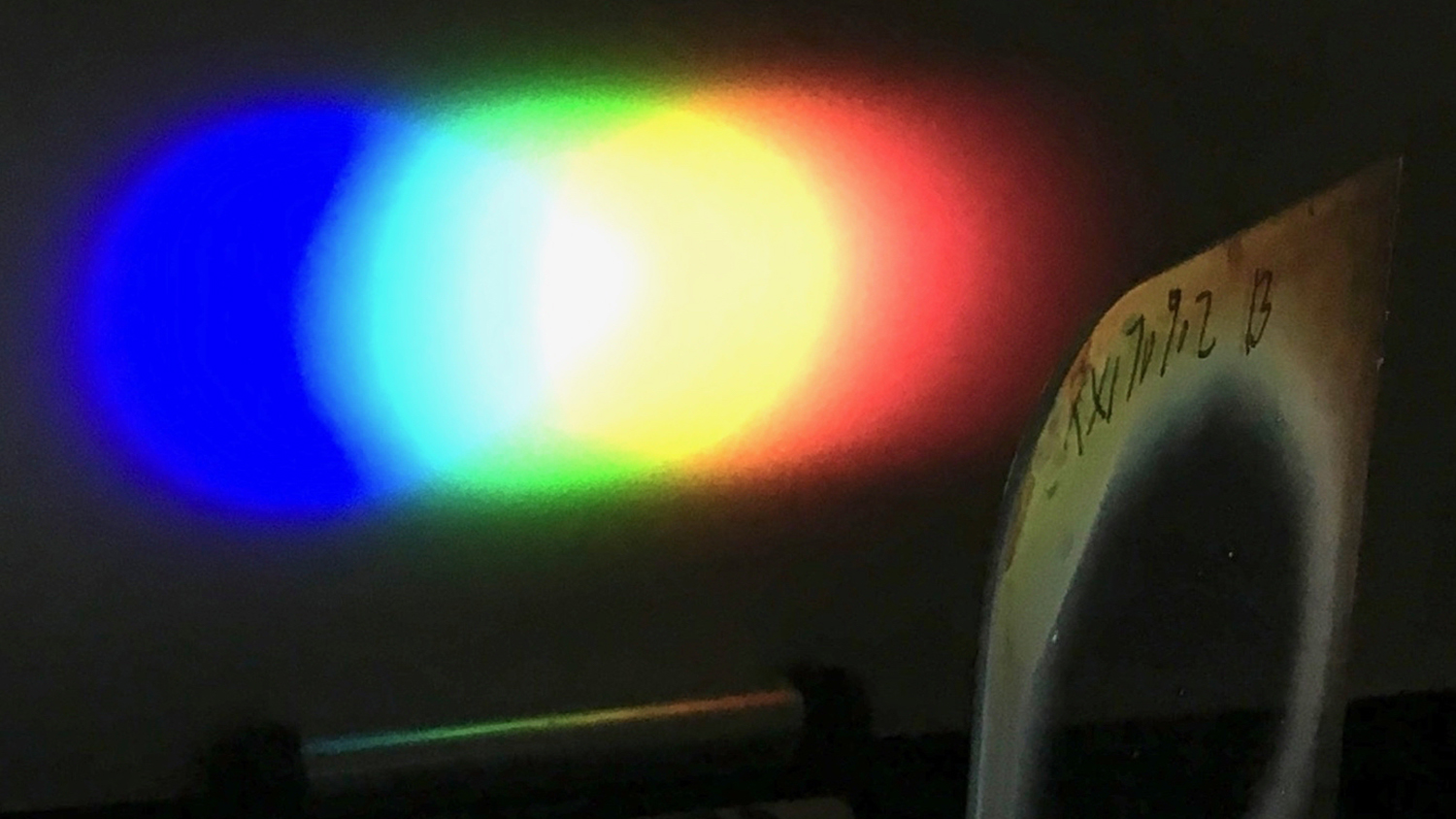
Tech Bends Light More Efficiently, Offers Wider Angles for Light Input
New Techniques Boost Performance of Non-Volatile Memory Systems

Streaming on a Wireless Power Connection: Integrated High-Speed Data and Wireless Power Transfer
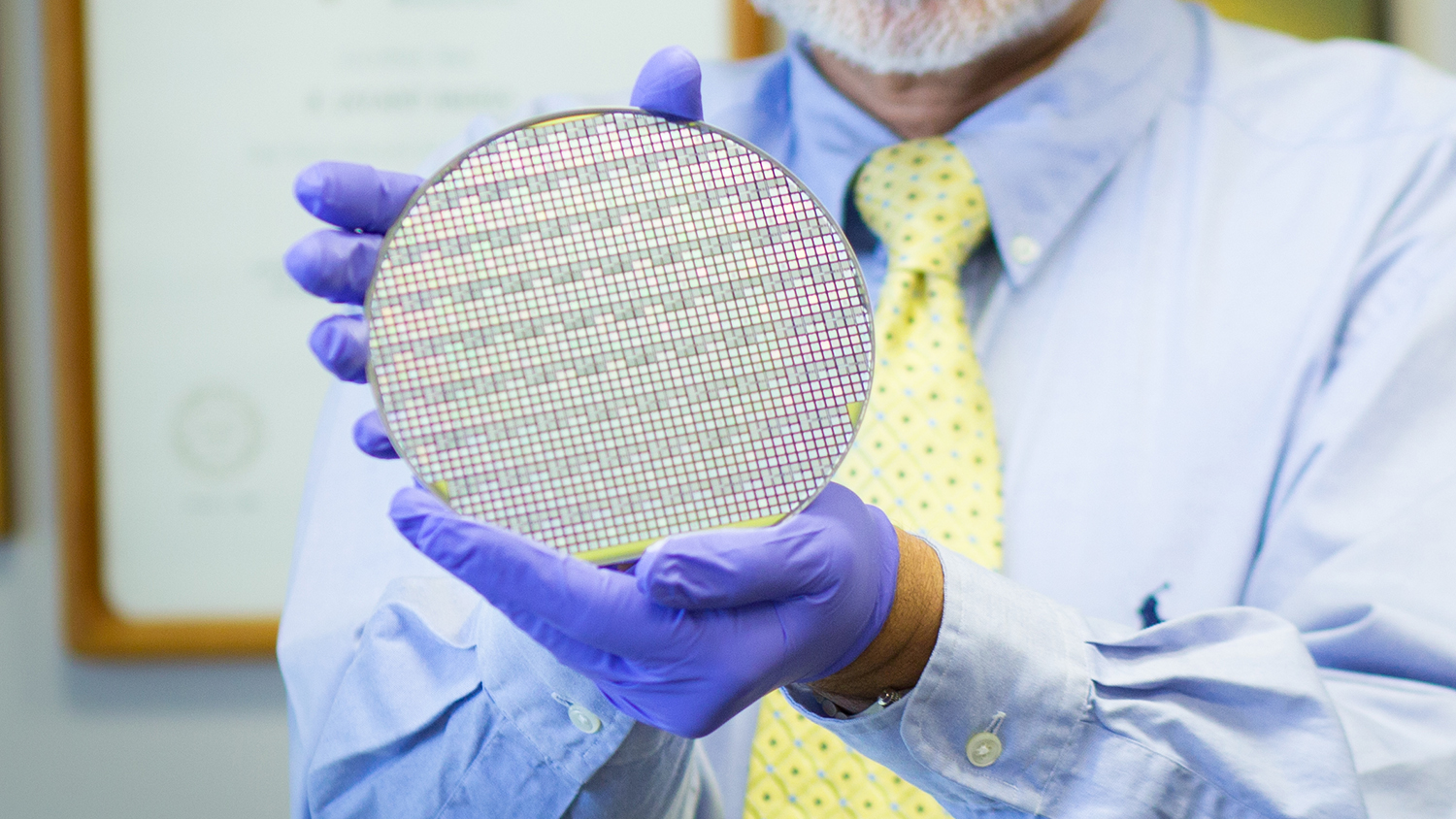
New Manufacturing Process for SiC Power Devices Opens Market to More Competition

NASA Grant Funds Research Into Tracking UAVs

From Transformers to Autonomous Systems
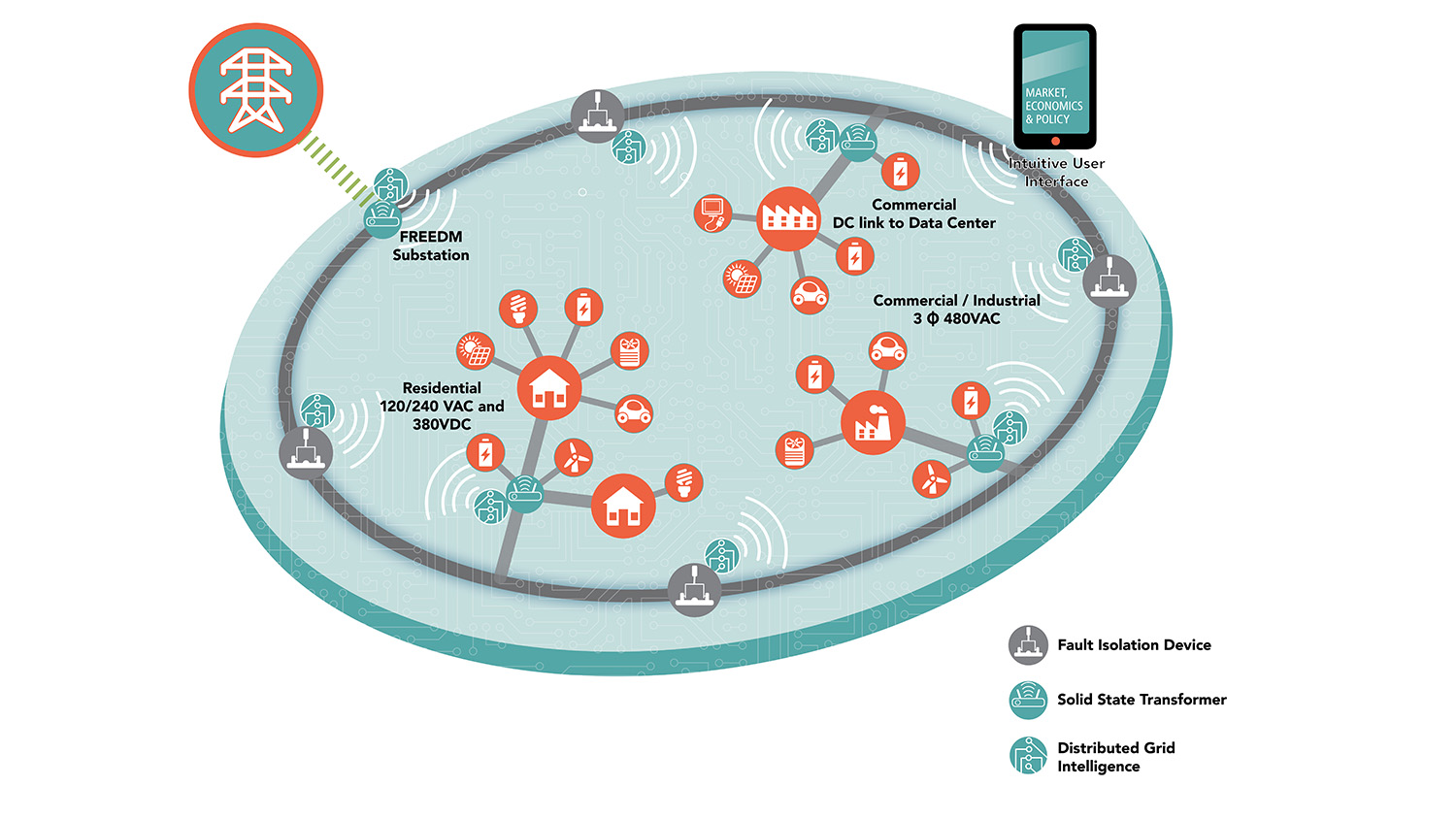
Study Finds ‘Smart’ Transformers Could Make Reliable Smart Grid a Reality
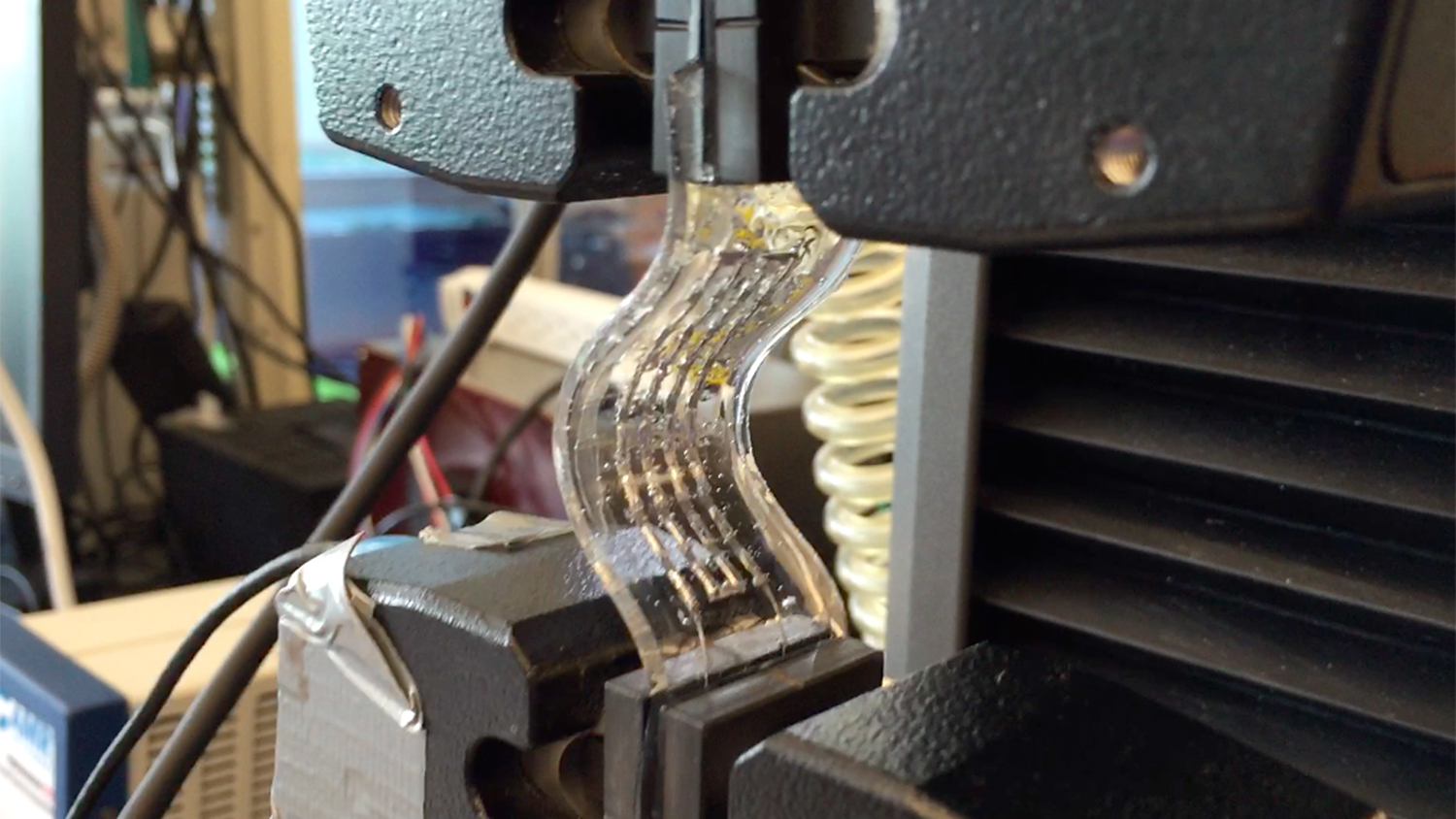
New Design Improves Performance of Flexible Wearable Electronics
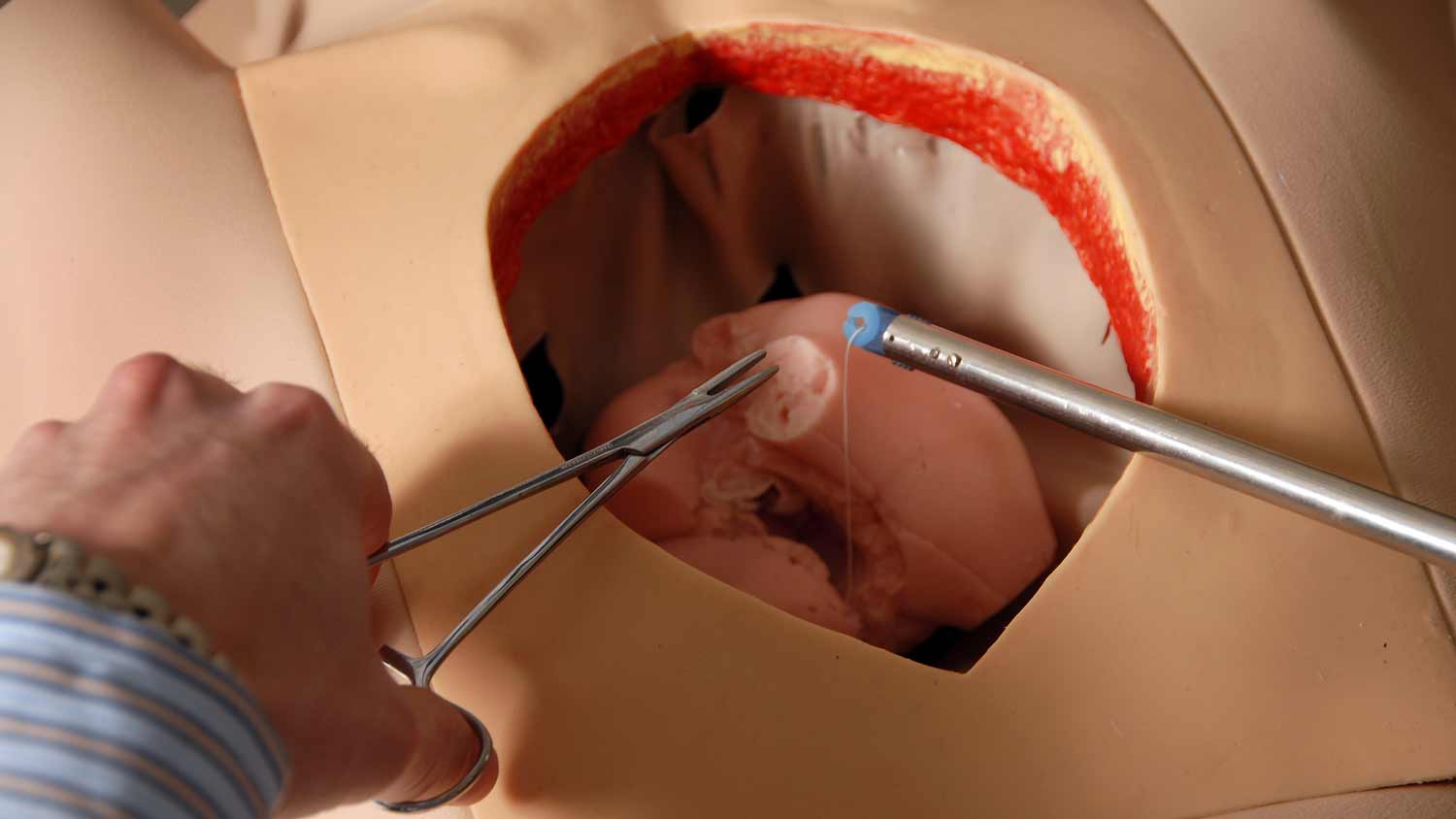
Can Tiny Plumbing Fix Broken Hearts?
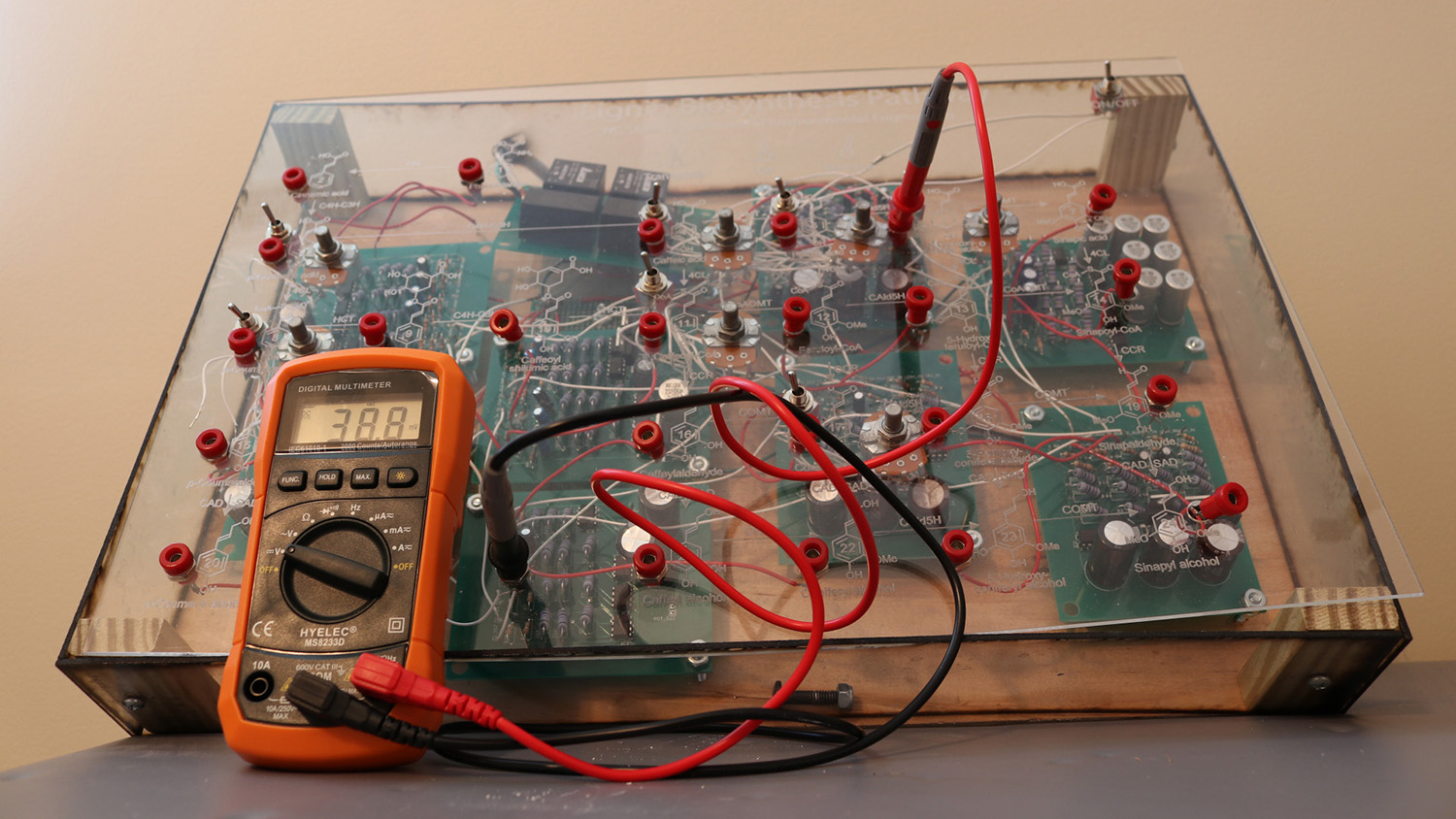
Hands-On Model Helps Students Understand Genetic Engineering

Tracking the Movement of Cyborg Cockroaches
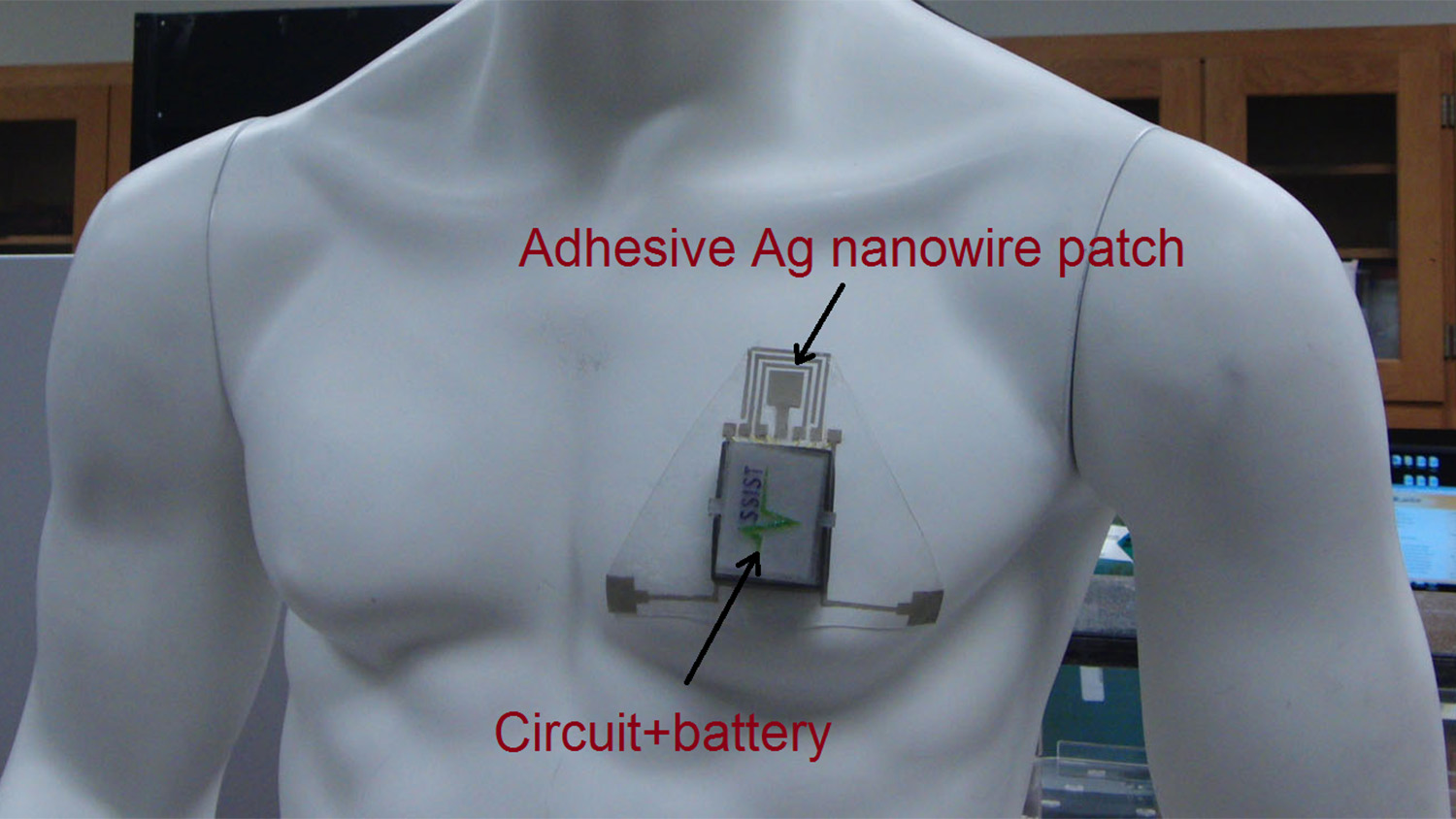
Researchers Develop Wearable, Low-Cost Sensor to Measure Skin Hydration
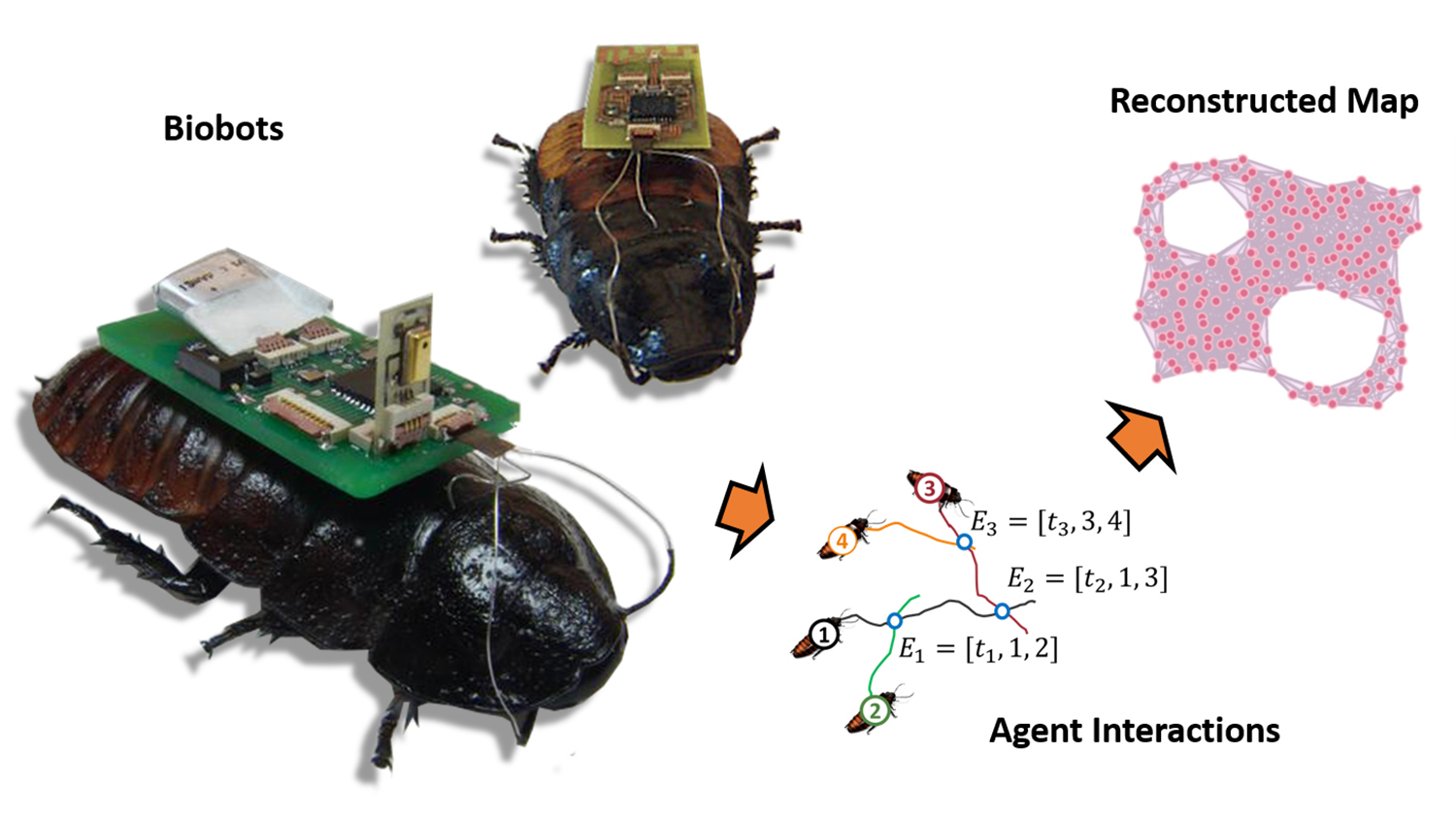
Tech Would Use Drones and Insect Biobots to Map Disaster Areas
An Efficient Approach for Tracking Physical Activity with Wearable Health-Monitoring Devices
